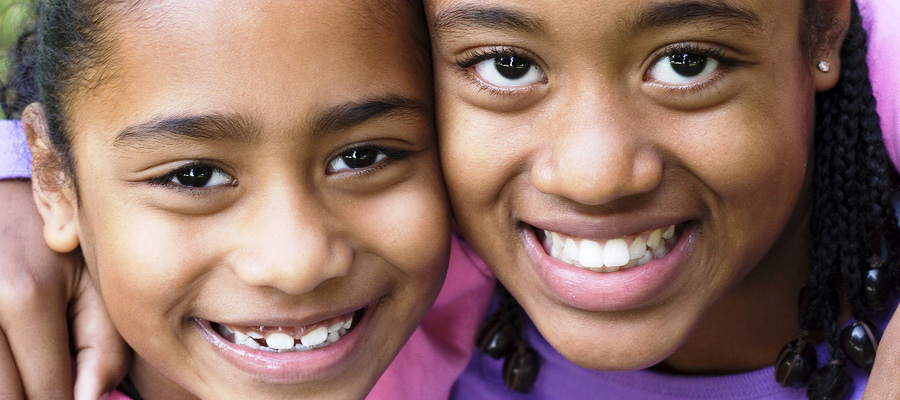How to Support a Friend Who Was Raped (Without Them Knowing You Know)
Discovering that a friend has been raped can be heartbreaking and overwhelming, especially if they haven’t told you themselves. You may feel the urge to reach out, but it’s important to handle the situation delicately. Supporting them with care, respect, and without pressure is crucial in their healing process.
1. Be Present and Available
Even if your friend hasn’t confided in you, you can still offer support by simply being there for them. Spend time together, check in on them, and let them know they are not alone. Avoid pushing them to talk but create a safe environment where they feel comfortable.
2. Listen Without Judgment (If They Open Up)
If they do decide to share their experience with you, listen with empathy. Let them speak at their own pace and avoid asking invasive questions like, "Why didn’t you report it?" or "What were you wearing?" Instead, say:
-
"I believe you."
-
"It wasn’t your fault."
-
"I’m here for you."
Your role is not to fix the situation but to provide emotional support.
3. Respect Their Privacy and Choices
Even if you know what happened, do not bring it up unless they choose to share. It is their story to tell. Some survivors may not be ready to talk, seek help, or report the crime, and that decision should be respected.
4. Encourage Professional Help
Gently suggest professional support without forcing it. In Kenya, survivors of rape can get medical, psychological, and legal help from various organizations:
Where to Get Help in Kenya
-
Gender-Based Violence (GBV) Hotline: 1195 (Free and available 24/7)
-
Healthcare Facilities: Survivors should seek immediate medical attention at government hospitals, private hospitals, or sexual violence recovery centers like Nairobi Women's Hospital Gender Violence Recovery Centre (GVRC).
-
NGOs Offering Support:
-
Healthcare Assistance Kenya (HAK) – Offers free legal and medical aid.
-
LVCT Health – Provides counseling and post-rape care.
-
FIDA Kenya – Offers legal aid for women survivors of violence.
-
-
Police and Reporting: Survivors can report at the nearest police station or at a GBV desk in major police stations. They should request a P3 form, which is required for legal action.
5. Offer Practical Support
Your friend may struggle with everyday tasks. You can help by:
-
Running errands or assisting with responsibilities.
-
Accompanying them to medical or counseling appointments (if they ask).
-
Helping them feel safe by checking in regularly.
6. Be Patient and Avoid Pushing for ‘Recovery’
Healing is a slow process. Some days, they may seem fine; other days, they may struggle. Let them heal at their own pace. Avoid telling them to "move on" or "forget about it." Instead, reassure them that their feelings are valid.
7. Take Care of Yourself Too
Supporting a survivor can be emotionally draining. Make sure you seek support from a trusted person, a counselor, or an organization if you need help coping with the situation.
Final Thoughts
Your friend may never tell you what happened, and that’s okay. What matters is that they feel safe and supported. By being patient, understanding, and helping them access the right resources, you can play a vital role in their healing journey.
If you or someone you know needs immediate help in Kenya, call the GBV Hotline 1195 for confidential support.

